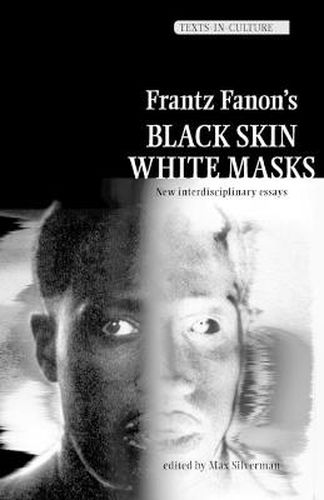Readings Newsletter
Become a Readings Member to make your shopping experience even easier.
Sign in or sign up for free!
You’re not far away from qualifying for FREE standard shipping within Australia
You’ve qualified for FREE standard shipping within Australia
The cart is loading…






First published in 1952, Frantz Fanon’s Black Skin, White Masks is one of the most important anti-colonial works of the post-war period. It is both a profound critique of the conscious and unconcious ways in which colonialism brutalises the colonised and a passionate cry from deep within a black body alienated by the colonial system and in search of liberation from it.
This volume is the first collection of essays specifically devoted to Fanon’s text. It offers a wide range of interpretations of the text by leading scholars in a number of disciplines. Chapters deal with Fanon’s Martinican heritage, Fanon and Creolism, ideas of race and racism and new humanism, Fanon and Sartre, representations of Blacks and Jews, and the psychoanalysis of race, gender and violence. Contributors offer new ways of reading the text and the volume as a whole constitutes an important contribution to the growing field of Fanon studies. – .
$9.00 standard shipping within Australia
FREE standard shipping within Australia for orders over $100.00
Express & International shipping calculated at checkout
First published in 1952, Frantz Fanon’s Black Skin, White Masks is one of the most important anti-colonial works of the post-war period. It is both a profound critique of the conscious and unconcious ways in which colonialism brutalises the colonised and a passionate cry from deep within a black body alienated by the colonial system and in search of liberation from it.
This volume is the first collection of essays specifically devoted to Fanon’s text. It offers a wide range of interpretations of the text by leading scholars in a number of disciplines. Chapters deal with Fanon’s Martinican heritage, Fanon and Creolism, ideas of race and racism and new humanism, Fanon and Sartre, representations of Blacks and Jews, and the psychoanalysis of race, gender and violence. Contributors offer new ways of reading the text and the volume as a whole constitutes an important contribution to the growing field of Fanon studies. – .